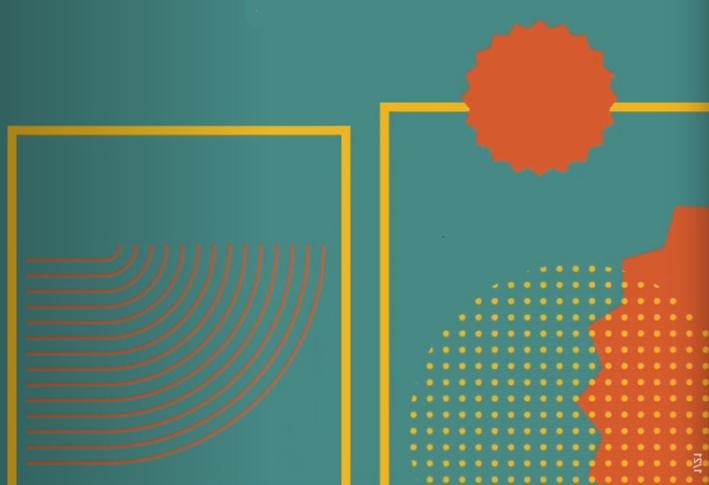
The Association for Progressive Communications (APC) welcomes the publication of the Zero Draft. We commend the co-facilitators for their efforts to take into consideration the contributions and diverse perspectives of stakeholders. As negotiations develop, we expect that spirit to continue, allowing stakeholder observation at all preparatory meetings, making post-session transcripts available, and reserving closed-door sessions only for the final stage. Such steps are vital to ensuring meaningful multistakeholder engagement, particularly due to the growing barriers to in-person participation in the negotiations in New York.
APC welcomes the Zero Draft underlining the key interlinked challenges to achieving the WSIS (World Summit on the Information Society) goals, as well as the principles and vision APC has emphasised since the outset of the +20 review process. These include persistent digital inequality; financing WSIS implementation; erosion of public interest in digital governance; uneven integration of human rights into digital policy and practice and environmental harms caused by digitalisation. Addressing these challenges holistically is essential to ensure that digital development advances equity, rights and sustainability.
Aspects of the document that APC unequivocally endorses
We appreciate in particular the Zero Draft treatment of the following aspects of WSIS implementation and would like to see the cited paragraphs retained:
- Alignment between WSIS and other UN processes: Paragraphs 8, 19, 119, 122, 124, 135, 140, 142, 143, 144, 145, 146, 147 and 148, which ensure alignment between WSIS, Agenda 2030 for Sustainable Development (sustainable development goals, SDGs) and the global digital compact (GDC), making practical requests to integrate the GDC commitments into the WSIS architecture.
- Environmental impacts: Paragraphs 50 to 54, as a basis for commitments and calls for environmental risk and impact assessments, or the obligation of consistent monitoring of environmental impacts, along with globally-agreed reporting standards that companies must adhere to. Paragraph 51 is key, offering the opportunity to include the need for human rights impact assessments.
- Multistakeholder cooperation and engagement: Paragraphs 3 and 120, which reaffirm multistakeholder cooperation and engagement as the guiding principles and foundational values of WSIS.
- Human rights and ethical dimensions of the Information Society: The entirety of the human rights and ethical dimensions of the Information Society section, paragraphs 77 to 93, which is founded on existing references within the UN system to states’ existing international human rights law obligations.
- International law: Paragraphs 1, 9 and 10 of the introduction which anchor WSIS in international law, including international human rights law.
- The Internet Governance Forum (IGF): Paragraph 115 which decides the permanence of the IGF.
- Gender: Paragraph 13 of the introduction as a basis for mainstreaming gender across the WSIS action lines and for efforts to address and eliminate technology-facilitated gender-based violence, in line with the SDGs, the GDC, and the conclusions of the 67th session of the Commission for the Status of Women (CSW).
- Linguistic, cultural and historical diversity: Paragraph 30 which recognises the importance of accessibility, including for Indigenous peoples and speakers of minority languages.
- Dissemination of health information: Paragraph 45, in particular the reference to information on reproductive rights.
APC endorses the following sections entirely without suggestions for changes:
- The enabling environment for digital development
- Capacity development
- The development of the WSIS framework
- Monitoring and measurement
- Follow up and review.
APC supports the contributions to the Zero Draft from the Global Digital Rights Coalition for WSIS (GDRC) and the Global Digital Justice Forum (GDJF).
Aspects requiring clearer focus and commitment
We believe that the Zero Draft will benefit from more concrete strategies to support the effective implementation of its commitments. In particular, we would like to highlight the following aspects:
- Advance digital equality by moving beyond market-led approaches as these have proved insufficient, enabling community-led connectivity through regulation and financing, and increasing public investment in infrastructure, skills, content and services.
- Establish a financing taskforce to propose innovative mechanisms building on the Fourth International Conference on Financing for Development and anchored in the WSIS architecture.
- Reclaim the public interest in digital governance and development by strengthening corporate accountability through rights- and public interest-oriented regulation.
- Mainstream environmental sustainability with mandatory impact assessments and green practices across all action lines.
- Strengthen gender equality with clear targets, measurable indicators and dedicated resources.
- Evolve inclusive internet governance by reaffirming the IGF’s role as the world’s primary multistakeholder public participation platform for not just internet governance, but also broader digital governance and strengthening the role of the WSIS Forum as a platform for tracking action line implementation, adopting an integrated approach that recognises continuities between internet related public policy and data and AI governance. Member states' constructive engagement to promote equitable and inclusive internet governance, responsive to the needs of all, especially developing countries, is crucial.